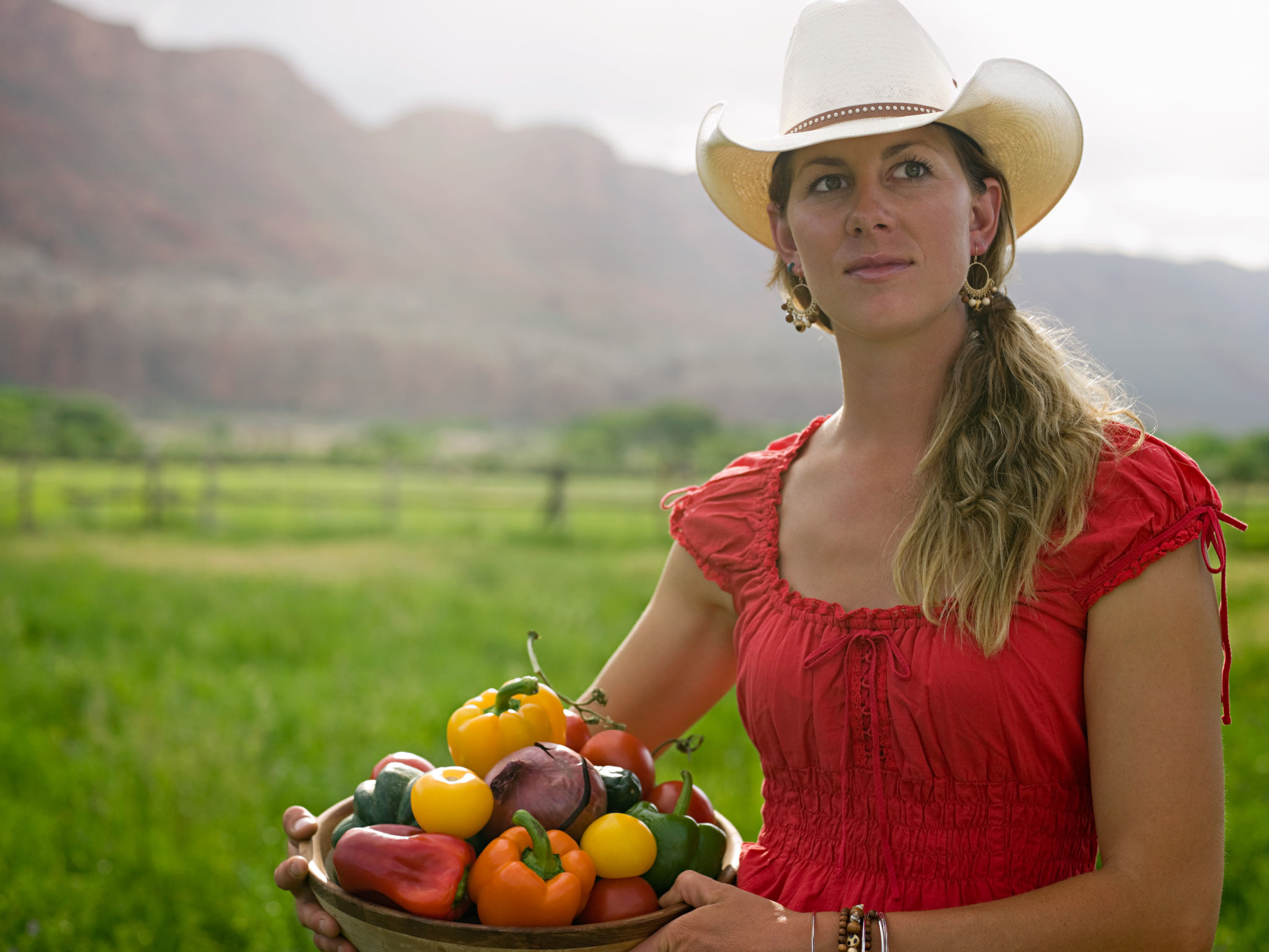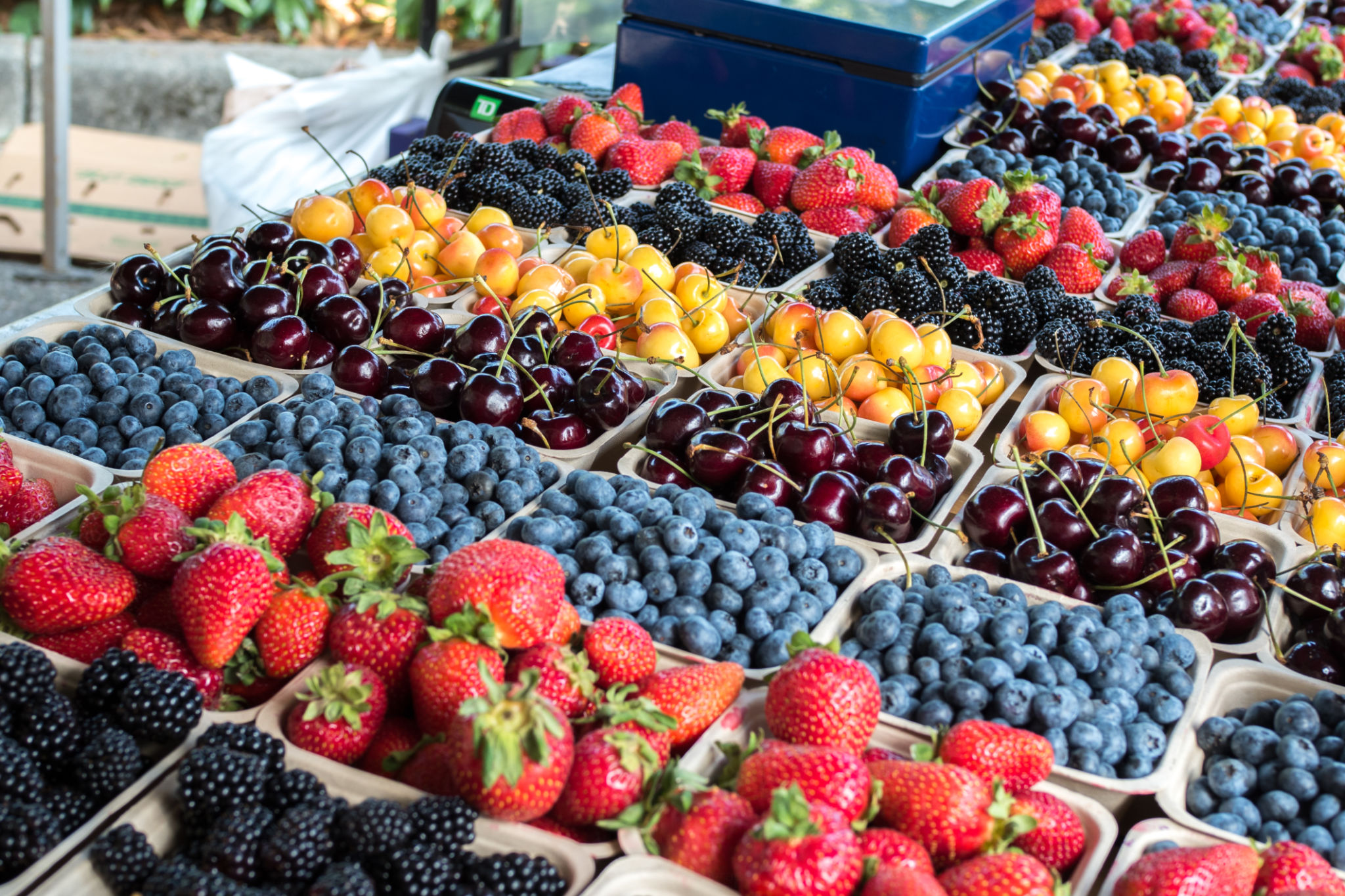Myths About Organic Produce: What You Need to Know
Understanding Organic Produce
Organic produce has gained popularity as more consumers become health-conscious and environmentally aware. However, with its rise in demand, several myths have also surfaced, leading to confusion. It's essential to separate fact from fiction to make informed choices when shopping for organic products.

Myth 1: Organic Means 100% Pesticide-Free
One of the most common misconceptions about organic produce is that it is entirely free from pesticides. While organic farming does limit the use of synthetic pesticides, it doesn't mean they are completely absent. Organic farmers are allowed to use certain natural pesticides and other approved substances to manage pests and diseases.
The Reality of Pesticide Use in Organic Farming
Organic farming emphasizes natural methods like crop rotation and biological pest control to minimize pesticide use. However, when necessary, farmers may resort to organic-approved pesticides, which are often derived from natural sources. These are generally considered less harmful than their synthetic counterparts found in conventional farming.
Myth 2: Organic Produce Is Always Healthier
Many consumers believe that organic produce is inherently healthier than conventionally grown counterparts. While there are benefits, such as reduced exposure to synthetic chemicals, the nutritional difference is not as significant as some might think. Studies show only minor variations in nutrient content between organic and conventional produce.

Nutritional Benefits of Organic Produce
Although the nutritional differences may be slight, some studies suggest organic produce can have higher antioxidant levels. Additionally, the absence of synthetic additives and preservatives in organic products may contribute to a healthier diet overall.
Myth 3: Organic Foods Are Always More Expensive
This myth holds some truth as organic foods can often be pricier than conventional options due to more labor-intensive farming practices and stricter regulations. Yet, this isn't always the case. Prices can vary based on factors like seasonality, location, and supply chain efficiencies.
Savvy Shopping for Organic Produce
To manage costs, consider shopping at local farmers' markets where you might find competitive prices. Buying seasonal produce can also help reduce expenses while ensuring you get the freshest items available.

Myth 4: Organic Farming Is Not Eco-Friendly
Contrary to some beliefs, organic farming practices tend to be more sustainable and environmentally friendly compared to conventional agriculture. Organic farms focus on soil health, biodiversity, and ecosystem balance, which contribute positively to the environment.
The Environmental Impact of Organic Farming
By avoiding synthetic fertilizers and pesticides, organic farming reduces pollution and soil degradation. It promotes biodiversity by encouraging a variety of plants and wildlife on the farm, leading to healthier ecosystems.
- Pesticide Management: Organic farms use integrated pest management strategies.
- Soil Health: Techniques like composting and crop rotation improve soil fertility.
- Water Conservation: Efficient water usage is a priority in organic farming.
Understanding these myths about organic produce can help you make better choices for your health and the environment. Remember, informed decisions start with accurate information.